
Installation of combined heat and power plant for Unilever
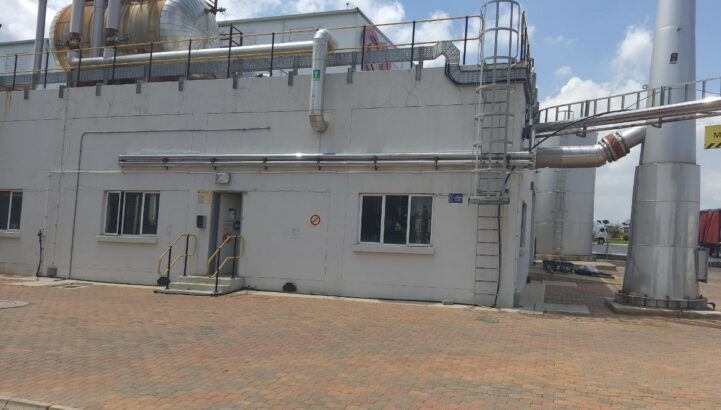
-
Client
Unilever
-
Industry
Manfacturing
-
Service
Gas Energy Generation
Background
Unilever, a well-known multinational consumer goods company, appointed YLEM Energy to maximise energy efficiency, reduce running costs, and to further improve the sustainability of a major production site where ice cream and chilled products are manufactured.
Challenge
The Unilever site was dependent upon grid derived energy and the heating and hot water system was powered by Compressed Natural Gas.
YLEM Energy identified an opportunity to improve the energy efficiency of the site through the installation of a landfill gas fired combined heat and power (CHP) system. Unilever embraced this opportunity to address the legacy environmental impacts of landfilling and to minimise the environmental impact through renewable on-site energy generation, rather than sourcing its power from the grid.
Simultaneously, the project would provide hot water to the buildings on the site and remove the need to purchase Compressed Natural Gas (CNG) as a fuel source for heating.
The Unilever site was large and complex, and it was important not to cause disruption to normal production processes during the upgrade and installation of a new energy system.
Solution
YLEM Energy identified that a combined heat and power system would generate significant financial savings when compared to grid derived energy, in addition to improving energy efficiency and reducing greenhouse gas emissions.
YLEM Energy worked in partnership with Unilever to understand the site’s operational processes, identify where efficiencies could be achieved and to provide the most appropriate solution whilst minimising disruption.
The fully integrated nature of the project would also deliver a significant increase in energy security protecting the business from the potential risks posed by the ageing infrastructure of the
grid such as power outages and resultant downtime.
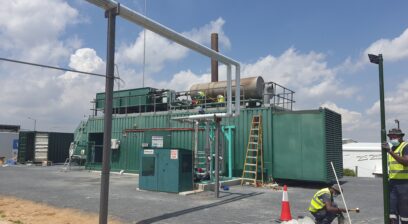

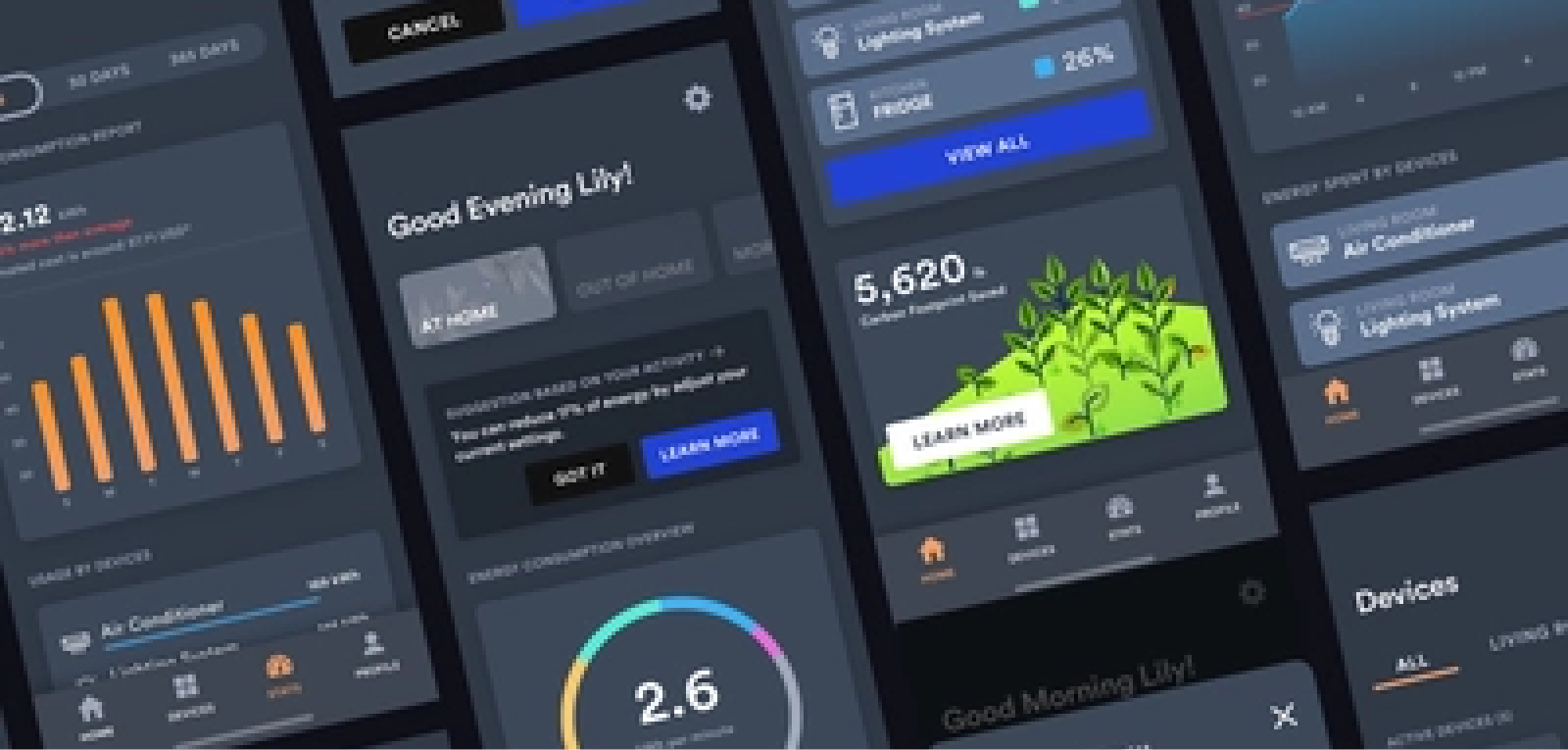
The new system has helped Unilever to
reduce carbon emissions by 8,000 tonnes
per annum, equivalent to planting 11,882
acres of forest.
-
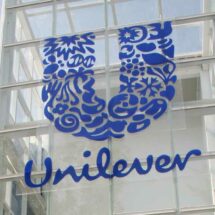
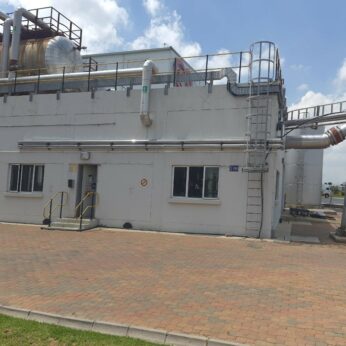 Christian Byron — Head of Supply Chain and Business Operations
Christian Byron — Head of Supply Chain and Business OperationsThis Unilever factory will help the local community by turning landfill gas into green energy. Our generator will reduce emissions in the area by over 60% and potentially replace the grid electricity currently needed. Thanks to the YLEM Energy team for this impressive partnership, the air quality is better and the emissions of harmful greenhouse gases are down.
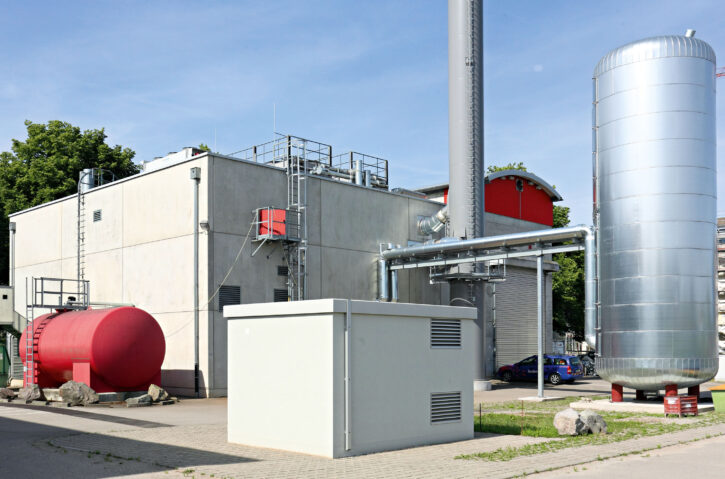
Result
The project resulted in
significant benefits for Unilever,
including a significant reduction
in the cost of power required
in addition to enhancing the
business’ environmental
performance.
-
Massive energy output
The completed project delivers 7,600GWh per annum of electrical power which is generated at a running load of 950KW.
-
Impressive carbon reduction
The new system has helped Unilever to reduce carbon emissions by 8,000 tonnes per annum, equivalent to planting 11,882 acres of forest, offsetting the use of 213 railcars of coal.
-
Significant waste heat recover
Waste heat recovery has also enabled 3,912,000KW to be saved – the equivalent of saving 14,083GJ per annum.
